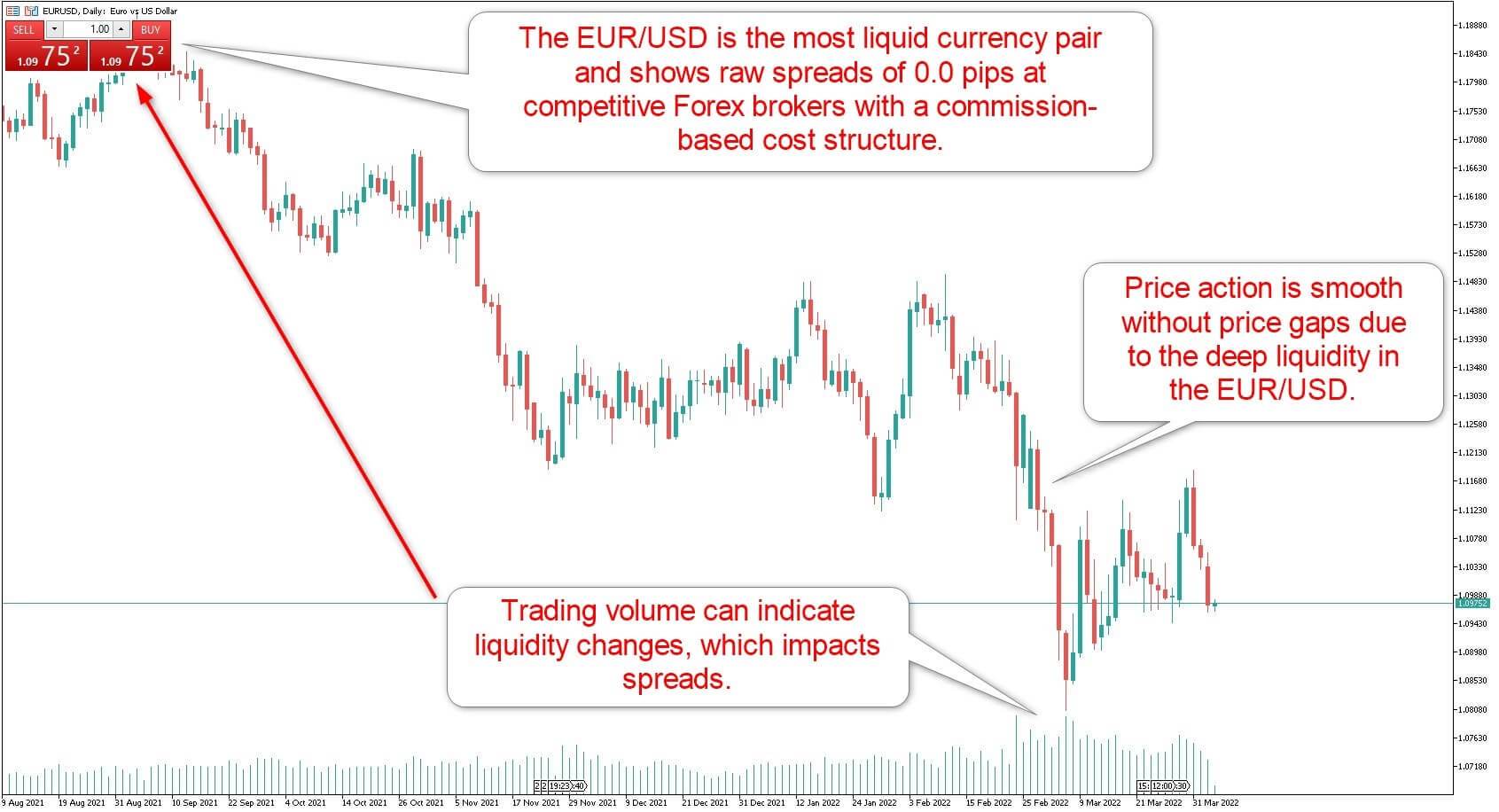
Equity derivatives can be used to invest in stocks if you are curious. These investment products allow investors the opportunity to invest in the performance of an underlying investment but not the stock. These investment products can be beneficial over the long-term, but the short-term benefits are often much more appealing. These investment products are especially useful for investors who make long-term investments. These equity derivatives may be something you should consider adding to your portfolio.
Options
Option on equity derivatives gives investors the ability to buy or sell underlying stock. Unlike an outright purchase of stock, equity options require less capital than an outright long or short position on margin. If the option expires in cash, the investor can profit more from price movements and take advantage of greater leverage. A common example of an option is a put option, which gives an investor the right to sell the underlying stock.

Futures
Futures trading on equities is not an investment in the company. Instead, you buy a contract which gives you exposure for a physical asset like oil or corn. You're also getting exposure to currency fluctuations and weather conditions. While you could actually hold a stock in your hand, futures traders use virtual accounts to avoid physical delivery. This means that margin is essential to offset any potential losses.
Warrants
The stock market can be complex, but it is possible to make a profit by investing. Stocks are the most common investment vehicle. However, stock warrants tend to be less popular and thus less accessible. Stock warrants offer attractive returns and must be carefully considered before buying. This is why experienced financial advisors are recommended for investors who wish to add warrants in their portfolios.
Convertible bonds
Conversions are an option on convertible bonds. The value of the option is based on the current stock price of the underlying equity. The issuer may also have the option to call or force the conversion of the bond. This type may also include terms like "call", or "put," or both. These terms define the relationship between a conversion bond and its underlying capital. It's important to note that some convertible bonds may not have a call or force option.

Swaps
Swaps, an over-the counter form of equity derivatives, allow investors to trade the return on equity security for cash flow. An equity swap allows investors to have exposure to stock stocks without actually owning them. An equity swap gives the investor the ability to invest in many securities without the need or risk of purchasing stock.
FAQ
What is security on the stock market?
Security is an asset that generates income. Shares in companies are the most popular type of security.
A company may issue different types of securities such as bonds, preferred stocks, and common stocks.
The earnings per shared (EPS) as well dividends paid determine the value of the share.
You own a part of the company when you purchase a share. This gives you a claim on future profits. You will receive money from the business if it pays dividends.
Your shares may be sold at anytime.
What is the difference?
Brokers help individuals and businesses purchase and sell securities. They handle all paperwork.
Financial advisors have a wealth of knowledge in the area of personal finances. Financial advisors use their knowledge to help clients plan and prepare for financial emergencies and reach their financial goals.
Banks, insurance companies or other institutions might employ financial advisors. You can also find them working independently as professionals who charge a fee.
It is a good idea to take courses in marketing, accounting and finance if your goal is to make a career out of the financial services industry. Also, you'll need to learn about different types of investments.
What is a fund mutual?
Mutual funds are pools or money that is invested in securities. Mutual funds provide diversification, so all types of investments can be represented in the pool. This helps reduce risk.
Professional managers are responsible for managing mutual funds. They also make sure that the fund's investments are made correctly. Some funds also allow investors to manage their own portfolios.
Mutual funds are preferable to individual stocks for their simplicity and lower risk.
What Is a Stock Exchange?
Companies sell shares of their company on a stock market. This allows investors to buy into the company. The market decides the share price. It is usually based on how much people are willing to pay for the company.
The stock exchange also helps companies raise money from investors. Investors invest in companies to support their growth. They buy shares in the company. Companies use their money to fund their projects and expand their business.
Stock exchanges can offer many types of shares. Some are called ordinary shares. These are the most commonly traded shares. These are the most common type of shares. They can be purchased and sold on an open market. Stocks can be traded at prices that are determined according to supply and demand.
Other types of shares include preferred shares and debt securities. When dividends are paid out, preferred shares have priority above other shares. The bonds issued by the company are called debt securities and must be repaid.
How does inflation affect the stock market?
Inflation has an impact on the stock market as investors have to spend less dollars each year in order to purchase goods and services. As prices rise, stocks fall. It is important that you always purchase shares when they are at their lowest price.
What is security in a stock?
Security is an investment instrument whose worth depends on another company. It could be issued by a corporation, government, or other entity (e.g. prefer stocks). The issuer can promise to pay dividends or repay creditors any debts owed, and to return capital to investors in the event that the underlying assets lose value.
How are shares prices determined?
Investors are seeking a return of their investment and set the share prices. They want to earn money for the company. So they purchase shares at a set price. If the share price goes up, then the investor makes more profit. If the share price goes down, the investor will lose money.
An investor's main goal is to make the most money possible. They invest in companies to achieve this goal. This allows them to make a lot of money.
Statistics
- For instance, an individual or entity that owns 100,000 shares of a company with one million outstanding shares would have a 10% ownership stake. (investopedia.com)
- Ratchet down that 10% if you don't yet have a healthy emergency fund and 10% to 15% of your income funneled into a retirement savings account. (nerdwallet.com)
- Even if you find talent for trading stocks, allocating more than 10% of your portfolio to an individual stock can expose your savings to too much volatility. (nerdwallet.com)
- Our focus on Main Street investors reflects the fact that American households own $38 trillion worth of equities, more than 59 percent of the U.S. equity market either directly or indirectly through mutual funds, retirement accounts, and other investments. (sec.gov)
External Links
How To
How to Invest Online in Stock Market
You can make money by investing in stocks. You can do this in many ways, including through mutual funds, ETFs, hedge funds and exchange-traded funds (ETFs). The best investment strategy depends on your investment goals, risk tolerance, personal investment style, overall market knowledge, and financial goals.
Understanding the market is key to success in the stock market. This includes understanding the different types of investments available, the risks associated with them, and the potential rewards. Once you are clear about what you want, you can then start to determine which type of investment is best for you.
There are three main types: fixed income, equity, or alternatives. Equity is the ownership of shares in companies. Fixed income refers debt instruments like bonds, treasury bill and other securities. Alternatives include commodities and currencies, real property, private equity and venture capital. Each category has its own pros and cons, so it's up to you to decide which one is right for you.
Once you have determined the type and amount of investment you are looking for, there are two basic strategies you can choose from. The first strategy is "buy and hold," where you purchase some security but you don't have to sell it until you are either retired or dead. The second strategy is called "diversification." Diversification involves buying several securities from different classes. If you buy 10% each of Apple, Microsoft and General Motors, then you can diversify into three different industries. Multiple investments give you more exposure in different areas of the economy. You can protect yourself against losses in one sector by still owning something in the other sector.
Risk management is another important factor in choosing an investment. Risk management allows you to control the level of volatility in your portfolio. If you were only willing to take on a 1% risk, you could choose a low-risk fund. You could, however, choose a higher risk fund if you are willing to take on a 5% chance.
Learning how to manage your money is the final step towards becoming a successful investor. A plan is essential to managing your money. A plan should address your short-term and medium-term goals. It also needs to include retirement planning. Sticking to your plan is key! Don't get distracted with market fluctuations. Stay true to your plan, and your wealth will grow.